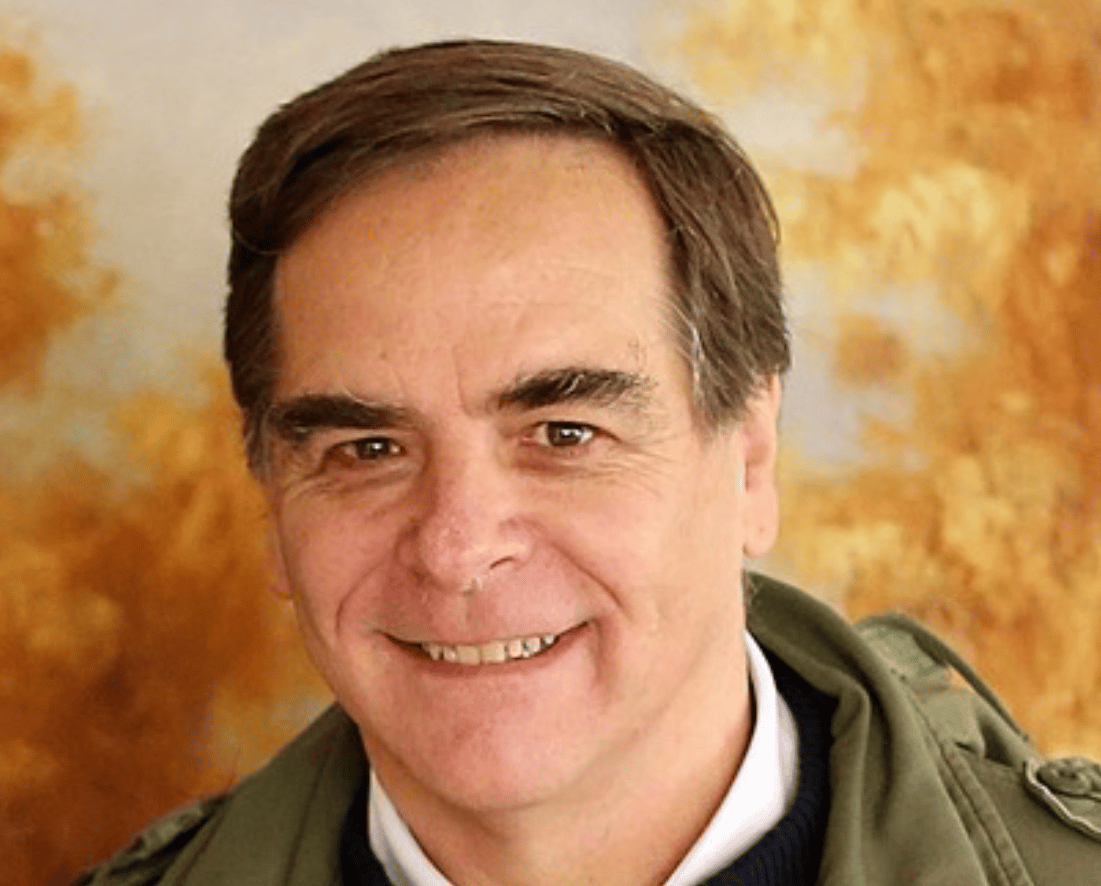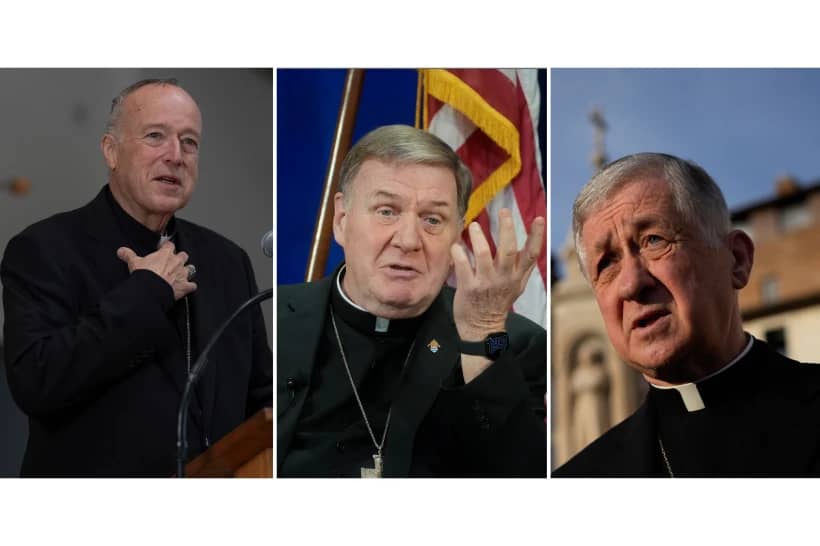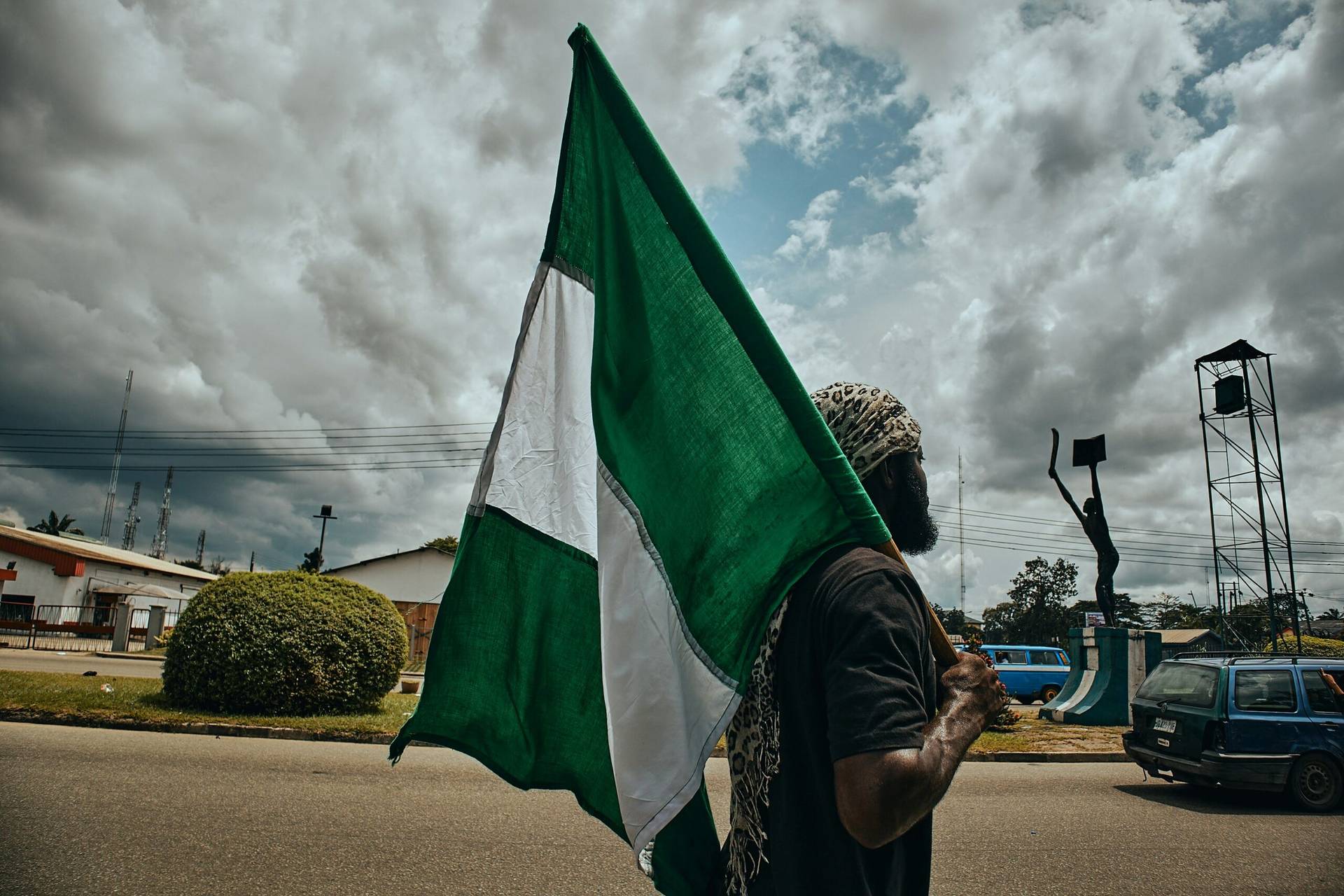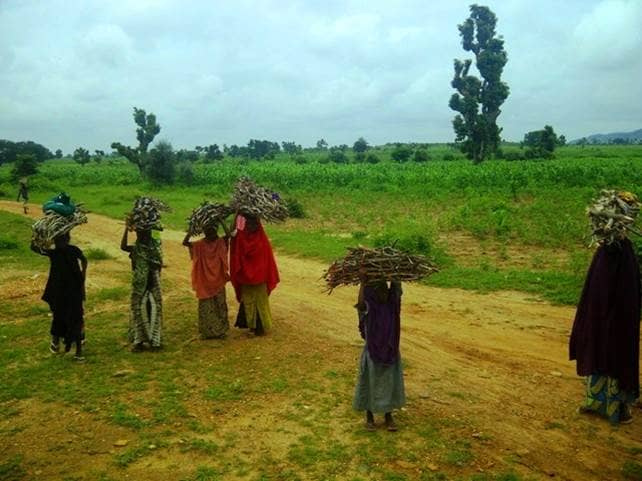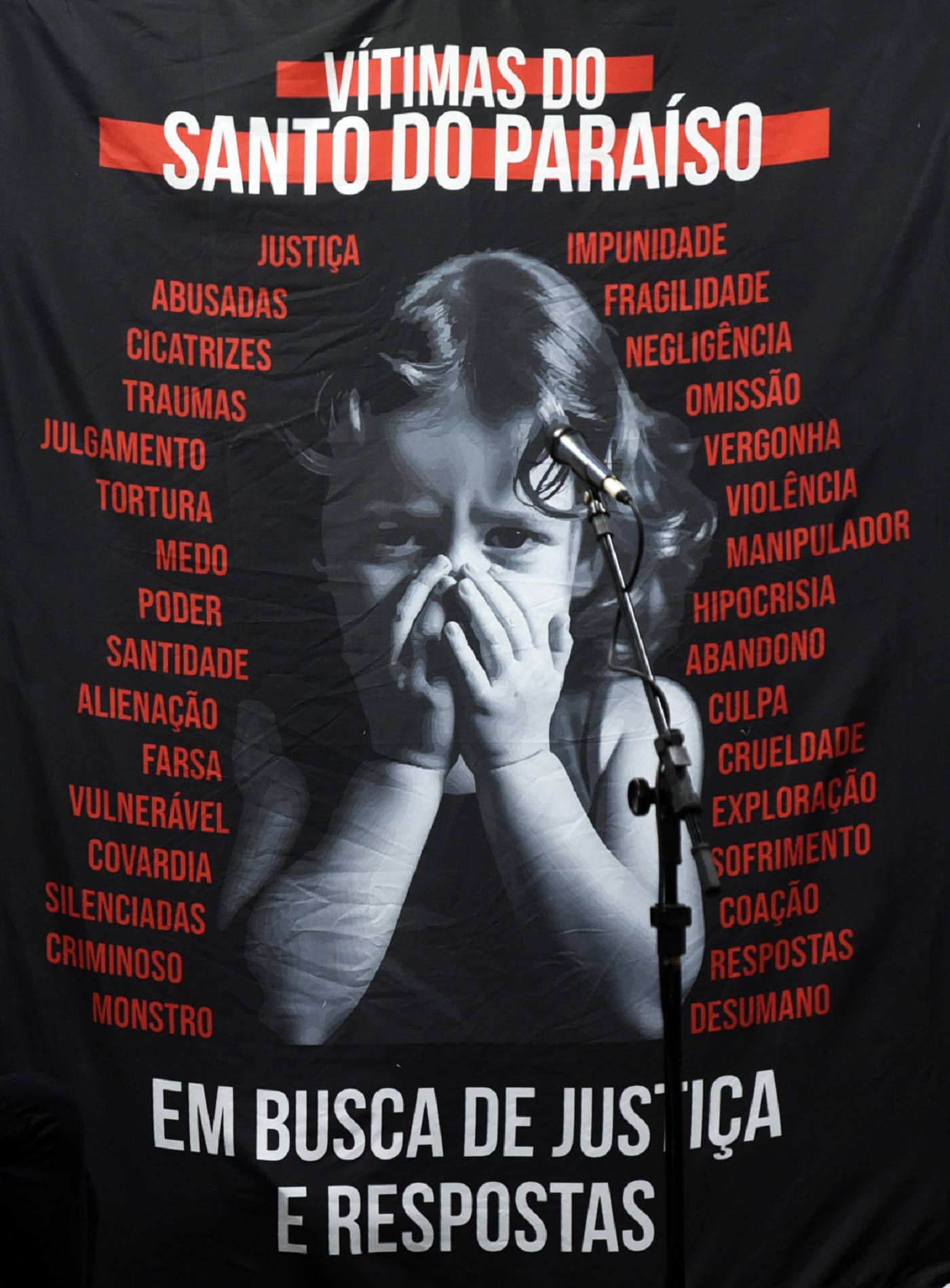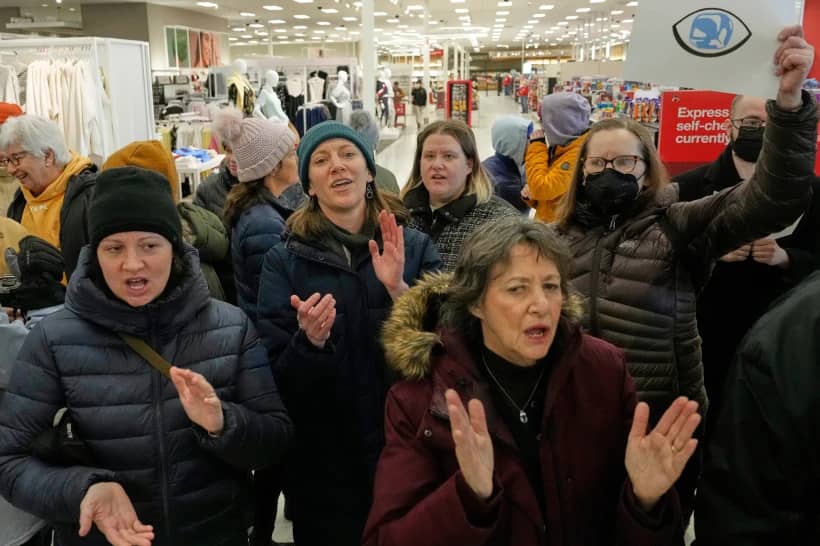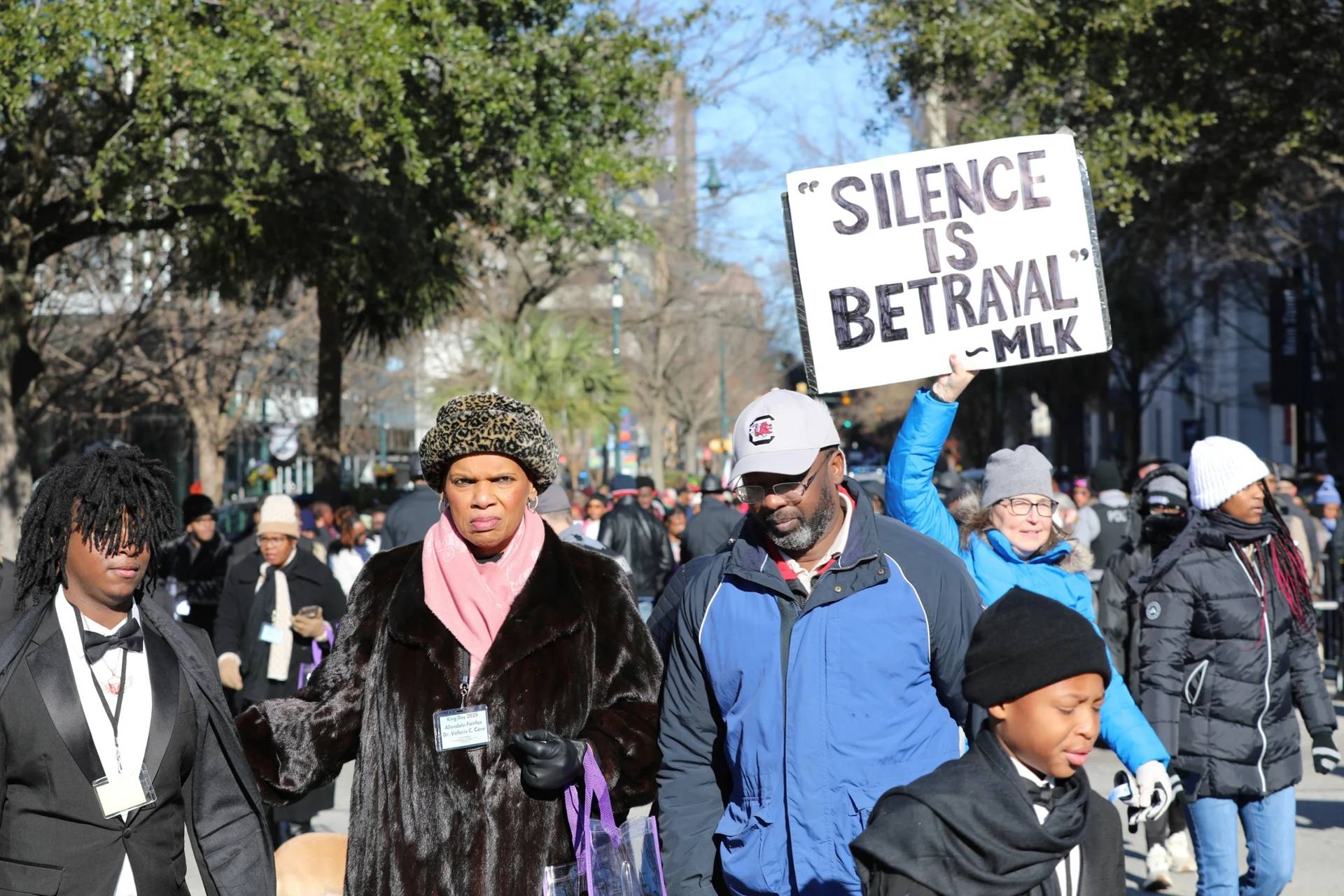CLEVELAND — The coronavirus pandemic has slowed a lot of things, but not the census outreach efforts of a group of Chicago-area Catholics.
Through the Coalition for Spiritual and Public Leadership, the census campaign has utilized social media, phone banks and creative means to urge the largely Hispanic community of Maywood, Illinois, to complete the census so that as many people as possible are counted.
“We are doing as much outreach as we can on a daily basis,” said Rose Okampo, a leader in the coalition, which roots its work in Catholic spirituality and theology in addressing pressing social concerns such as hunger, discrimination and environmental justice.
The coalition’s noncensus work has been funded by the Catholic Campaign for Human Development, the U.S. bishops’ domestic anti-poverty program.
Maria Franco, another coalition leader and religious education coordinator at St. Eulalia Church in Maywood, said the organization’s members felt education and action around the census was crucial to village residents.
Any significant undercount of people would mean the potential loss of millions of dollars in federal government assistance, she said.
“It’s important to remember that the census taking is not a one-time act,” she said. “This will affect our lives for the next 10 years.”
The Coalition for Spiritual and Public Leadership estimates that an undercount of hundreds of people in the 2010 census resulted in the Chicago suburb of Maywood losing tens of millions of dollars for social services, infrastructure repairs, education and other important needs.
The campaign began last fall with education and outreach to residents. Much of the plan was based on one-on-one contact. Members of St. Eulalia Church, one of two churches that make up Sacred Heart and St. Eulalia Parish, got the backing of their pastor, Father Mike Arkins, a priest of the Congregation of the Blessed Sacrament. Census reminders also appear regularly in the church bulletin.
However, when the pandemic exploded in March, the coalition changed plans, utilizing phone banks staffed by volunteers, social media and creative outreach at limited locales, such as food pantries.
Okampo said pantries have become an important place for people who have lost their jobs because of stay-at-home orders and mandatory business closings. With more people visiting the pantries, the sites became a natural place to conduct census outreach, with social distancing in mind, she said.
“Pantries are one of the areas we pass out flyers in the bag. We go with music. We make people smile. We bring a microphone. People know the importance of being counted,” she told Catholic News Service.
Before the shutdown, events such as a Census Family Day at St. Eulalia drew about 250 people, according to Megan Miller, a community organizer with the Coalition for Spiritual and Public Leadership. Participants learned about the importance of completing the census and where to seek assistance if they had questions while socializing with their neighbors.
Since the shutdown, the coalition has turned to about 30 volunteers who have been calling people throughout the community reminding them to complete their census form. In a matter of weeks, the volunteers made 7,000 calls, Franco said.
Callers ask if the census has been completed; if not, they offer assistance or explain how the process takes perhaps 10 minutes and what it means to Maywood. For those who responded that they have completed the census, the volunteers offer a word of thanks and move down the call list.
For people who don’t answer their cellphones, a text message is sent.
“All we do is give them advice,” Okampo said.
One obstacle in Maywood, which has seen a large influx of Hispanics since 2010, is that some residents may not be legally in the U.S., Franco said, and they fear that completing the questionnaire will result in their arrest and ultimate deportation.
The volunteers try to calm such fears by explaining that the information being collected is not used by immigration enforcement officers.
“Nobody should be afraid to fill out the census,” Franco said. “That is something we have to take to heart.”
Social media has played an important role in promoting participation in the census as well, Franco said. The coalition’s campaign has a Facebook page that includes regularly updated information. The page had reached 6,900 views as of May 1, according to the coalition. Other messages have been posted on Twitter and Instagram. Overall, the effort generated 42,000 views in April, Okampo said.
The campaign has been supplemented by videos and podcasts promoting census participation that have been posted on the coalition’s website at www.csplaction.org.
Miller said the campaign regularly sees new volunteers stepping up to help with calls and flyer distribution.
The pandemic has delayed completion of census work from July 31 until Oct. 31. For Okampo and Franco, that means three extra months to reach people.
“We have a lot of work to do,” Franco said. “We’re definitely going to push it. We’re going to keep pushing it up until the very last day.”







